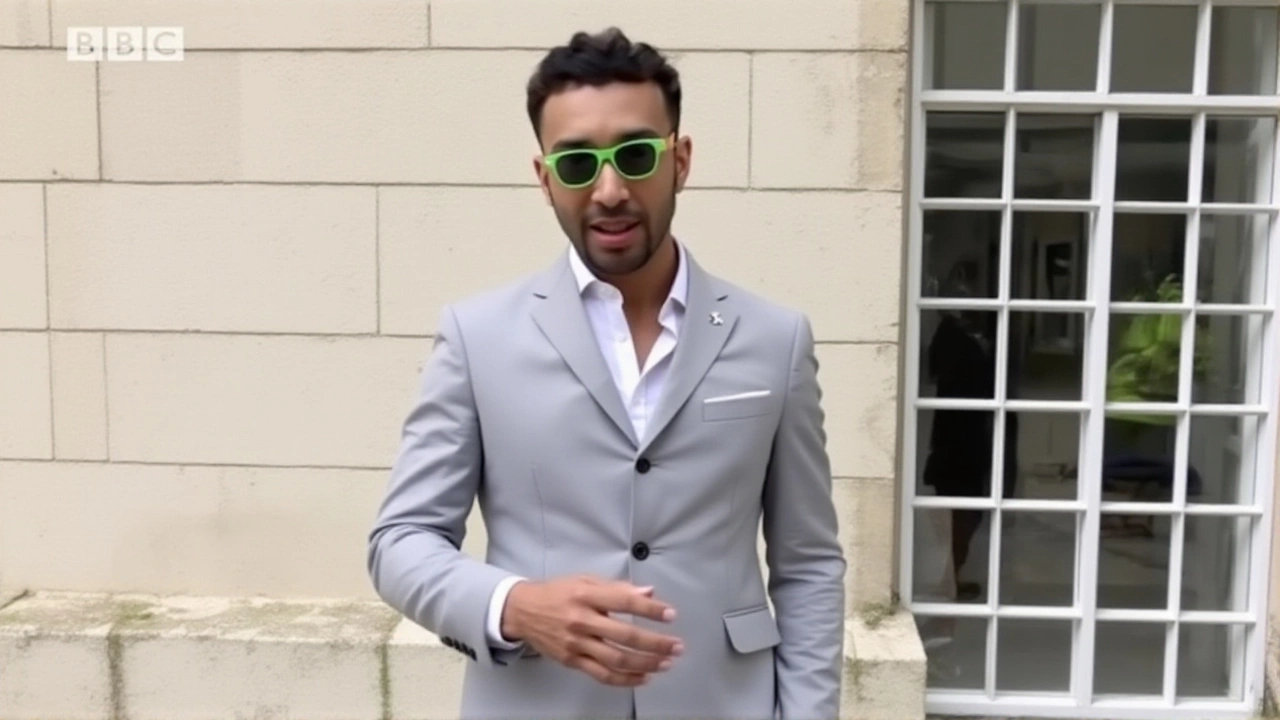London mayoral election
When talking about the London mayoral election, the citywide vote that decides who will serve as the Mayor of London for the next four‑year term. Also known as London mayoral poll, it shapes transport, housing and policing policies across the capital. The Mayor of London, the chief elected official responsible for strategic oversight of Greater London works with the Electoral Commission, the independent body that registers voters and ensures the fairness of elections and the network of London boroughs, the 32 local authority districts that make up the city. Understanding how these pieces fit together helps you see why the election matters beyond party slogans. If you’re looking for the latest details, the London mayoral election is your go‑to source for who’s running and what’s at stake.
Key players and how the vote works
The election brings together major political parties, independents and occasional grassroots groups. Each party nominates a candidate who must gather a set number of signatures from registered voters in different boroughs – a rule enforced by the Electoral Commission. Once the ballot is set, voters in all 32 boroughs head to the polls or vote online, using a two‑round system: if no candidate hits the 50 % mark in the first round, the top two face off in a runoff. This structure means that campaigning often shifts from broad party messaging to targeted outreach in swing boroughs where small vote swings can decide the final outcome. Candidates also need to present clear policy packages on transport, housing, policing and climate action, because the Mayor of London controls a budget of over £10 billion and can launch city‑wide initiatives that affect millions of residents.
Media coverage ramps up months before the vote, with televised debates, mayoral hustings and a flood of opinion polls. Those polls give a snapshot of public sentiment but can also influence voter strategy – supporters of a trailing candidate may switch allegiance to a front‑runner to prevent a less‑favoured opponent from winning. At the same time, grassroots volunteers flood borough community centres, handing out flyers, organizing door‑knocking tours and explaining how to register on the Electoral Commission’s website. The whole process reflects a tight link between civic engagement and the city’s strategic direction: the election’s outcome directly shapes policies on congestion charges, affordable housing quotas and the expansion of bike lanes.
All of this context sets the stage for the articles you’ll find below. Whether you’re curious about the latest candidate announcements, need a step‑by‑step guide to registering to vote, or want to understand how past mayoral races have reshaped London’s skyline, the collection covers every angle. Dive in to get practical tips, insider analysis and a clear picture of why the London mayoral election matters to anyone who lives, works or simply visits the capital.
